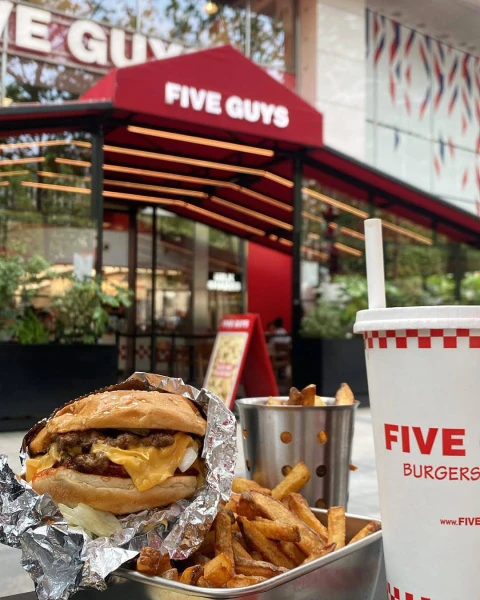
The popularity of halal products has attracted the attention of not only journalists but also politicians.
Six restaurants of the fast-food chain Five Guys are transitioning to halal and will exclude alcohol from their menus. This change will affect restaurants in Marseille, Lyon, Lille, and the Paris region.
Five Guys is an American multinational fast-food chain specializing in hamburgers, hot dogs, and French fries. As an explanation for this decision, the brand states that it has chosen to "offer burgers and fries to the widest possible audience" by serving only meat that complies with Muslim dietary norms.
The announcement has sparked controversy on social media. In Marseille, a mayoral candidate from the National Rally (RN) party reacted with outrage: "Everyone has the right to eat what they want, but one cannot impose religious practices on those who do not wish to follow them. They have decided to force the residents of Marseille to eat halal. This is an encroachment on our freedom and our way of life—to eat what we want and where we want."
The fact remains that the demand for "ethnic" cuisine in France continues to grow. According to marketing research, about 12 million people purchase halal products in France. Demand, as is known, creates supply. Five Guys is not the only fast-food chain to include halal meat in its menu. Another French fast-food chain, Quick, introduced halal burgers in all its restaurants back in 2021.
In France, adhering to Islamic religious rituals is an extremely complex task, and for someone not living there, it may seem almost impossible. For example, visiting mosques is fraught with many difficulties. Wearing a hijab is perceived as an "accusation": women are prohibited from working, accompanying children to school, and sometimes even participating in sports. Most Islamic schools are closed, and the remaining ones are waiting to be shut down.
However, the only area that is difficult to control and completely restrict is halal food.
In the "land of light," halal meat can be found everywhere—it confidently competes with regular meat. This applies not only to butcher shops but also to the departments of large supermarkets. Even in cheap and mid-range, and sometimes even expensive restaurants, halal meat is served because it is cheaper than other types.
Halal is everywhere: on tables, in markets, in political debates, and in the economy. So much so that the well-known restaurant chain Quick replaced all its meat with halal, which allowed it to double its customer base. A particularly high demand is observed during Islamic holidays and religious ceremonies.
The History and Formation of the Halal Market in France
The history of halal in France and Europe as a whole is long and complex. After World War II, war-torn France began to recover thanks to migrants who arrived in the 1960s. These migrants made a huge contribution to the restoration of cities, streets, factories, and the economy of the country. Most of them came from France's former colonies, such as Algeria and Morocco, where the population is predominantly Muslim.
With the growth of the Muslim community in France, the demand for halal meat also increased. Initially, it was small, as the first migrants were not particularly religious. However, the situation changed over the next 30 years.
By the 1990s, a new type of consumer had emerged in France—the "Muslim buyer," who paid attention not only to price but also to religious requirements. With the rise in the standard of living among Muslims, meat consumption increased. What was once served only on holidays became part of the daily diet.
Health campaigns and scandals related to meat quality also heightened interest in halal. People became more attentive to the slaughter process and the origin of products. At the same time, the price of halal meat decreased, while quality increased. The number of slaughterhouses certified according to halal standards increased several times.
Over time, halal has turned into a whole industry, with its own standards, certification centers, and billion-dollar turnovers.
Meat and Politics: From Restaurants to Parliamentary Debates
The popularity of halal products has attracted the attention of not only journalists but also politicians. The topic of halal gradually moved beyond trade and became a tool for political debates—especially during election periods.
During the 2012 presidential elections, the issue of halal became one of the central themes of the campaign. Opponents argued that halal is an "ethnic product" incompatible with French national identity. Some politicians claimed that halal contradicts French values and even threatens national unity.
Marine Le Pen, the leader of the National Front (now National Rally), took a hard anti-Islamic stance, calling halal slaughter a "sanitary bomb" and demanding its ban. She also referred to the arguments of animal rights advocates who have opposed the halal method since 2010.
Then-President Nicolas Sarkozy also weighed in—he called Muslim traditions related to home slaughter "barbarism" and "a threat to public order."
The Position of Muslim Youth: A Symbol of Resistance
Over time, halal has become not only a religious but also an identification symbol for Muslim youth. For many young Muslims, halal food is part of their personal and cultural identity.
They accused their parents of succumbing to "Frenchification"—for example, consuming alcohol or pork. However, this did not lead to equality—instead, it intensified discrimination and social alienation.
In November 2020, the French Ministry of Agriculture introduced new rules for halal slaughter. These measures were perceived by Muslim organizations as a hidden form of prohibition. The most outrage was caused by the requirement to stun birds with electricity before slaughter, which Muslims believe can lead to the animal's death before the prayer is recited.
The mosques of Paris, Lyon, and Evry sharply condemned this practice, but their protests had no effect. Thus, the issue of halal slaughter became part of the overall policy of pressure from the French authorities on the Muslim community.
Economic Scale
According to Le Monde, in 2016, the volume of the halal market in France was estimated at nearly $5.5 billion. In 2019, BFM TV noted that sales of halal products continue to grow, although the market share remains limited—only 0.3%, comparable to the niche of craft beer.
Nevertheless, since many Muslims do not trust large corporations, small halal businesses have gained an advantage. The most well-known of these is Isla Délice, founded in 1990, which supplies about half of the halal meat sold in French supermarkets.
The majority of the market is still concentrated in independent butcher shops and restaurants—about 85% of halal meat is sold through these channels, making a real assessment of the market volume practically impossible.
Halal and the Struggle for Identity
In 2020, Interior Minister Gérald Darmanin stated that he was concerned about the presence of "halal sections" in stores. According to him, this phenomenon poses a challenge to French identity.
However, in reality, halal is not just a piece of meat. In France, it has become a symbol of the struggle for religious and cultural identity—between traditional French people and the descendants of migrants.
For some, it is part of spiritual faith; for others, it is an element of political discourse. And for large corporations, it is a source of profit amid the growing Muslim population in Europe.

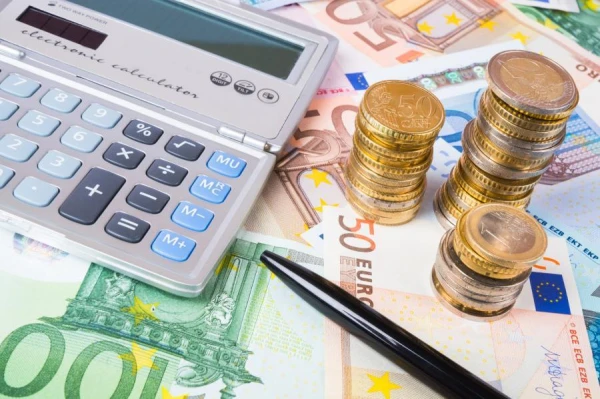
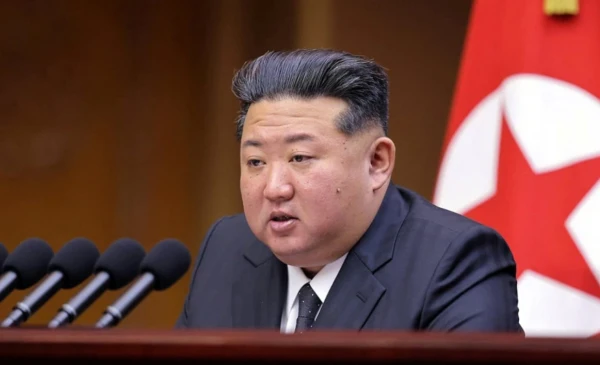
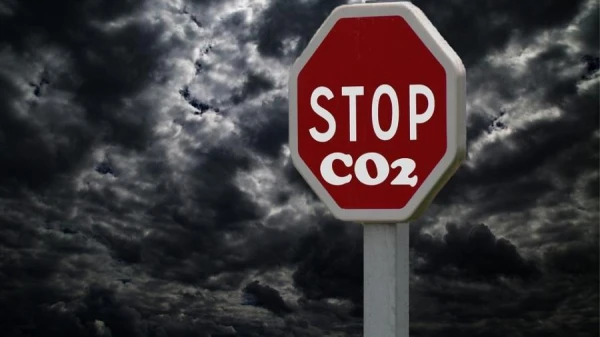
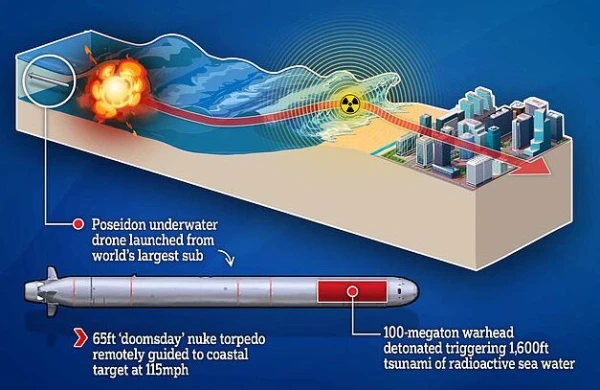
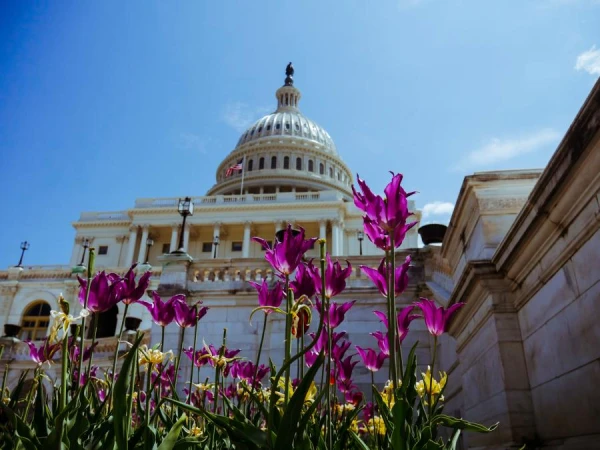
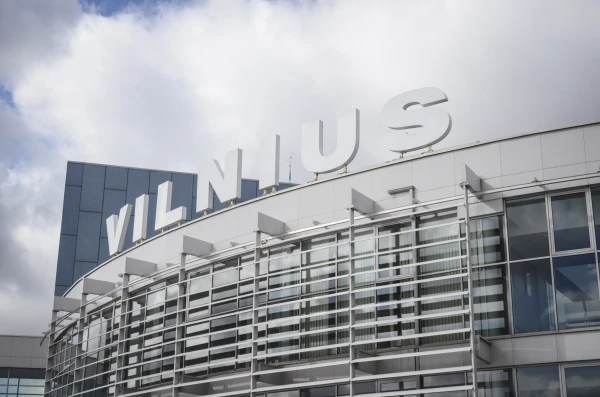
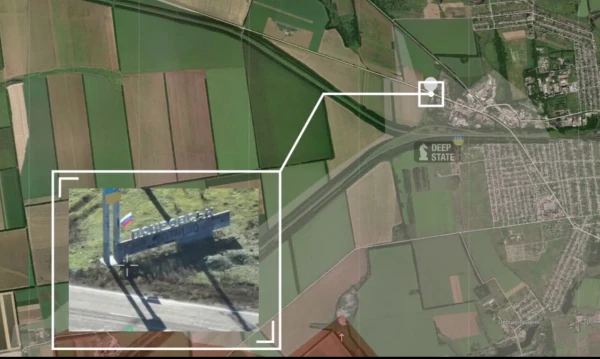
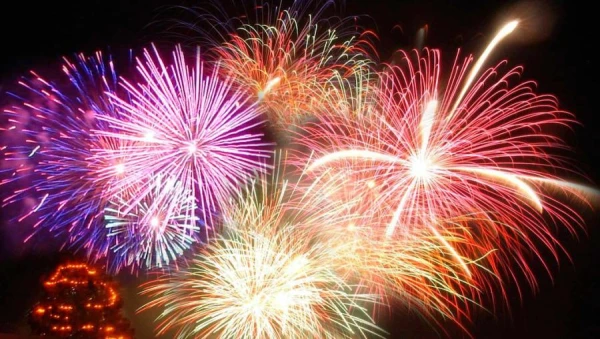

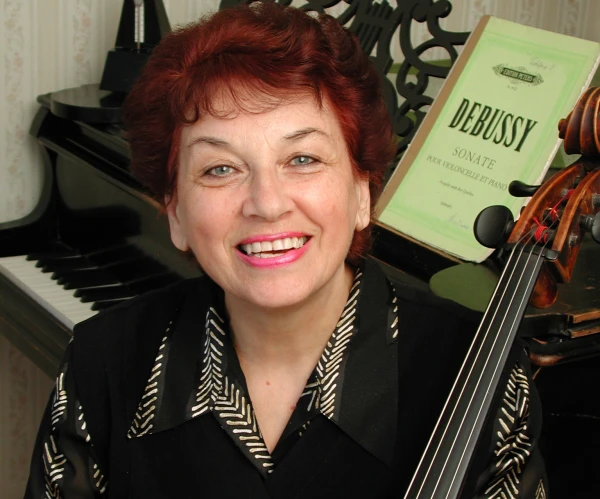
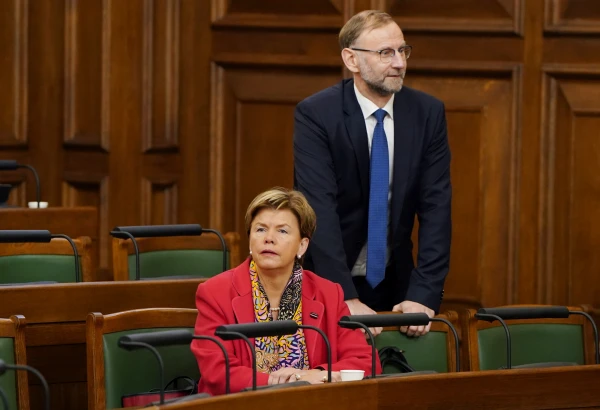
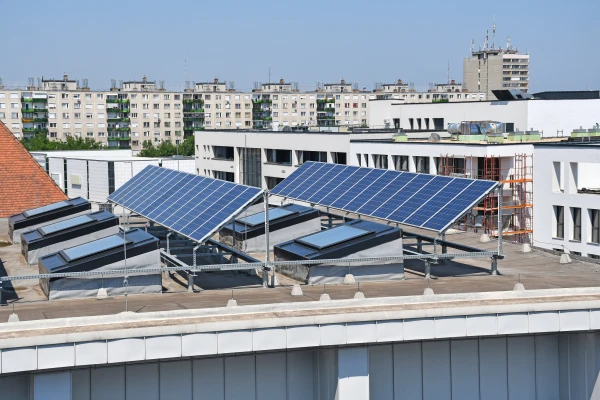
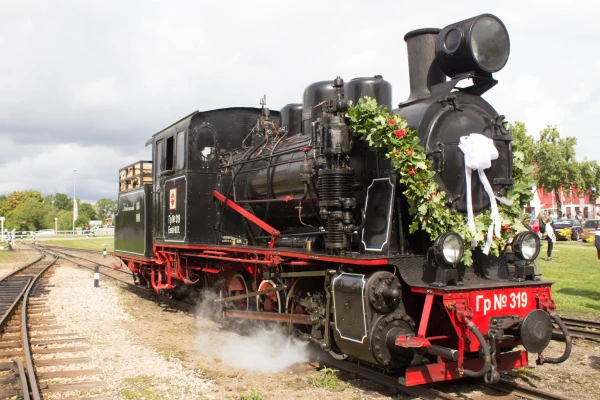
Leave a comment